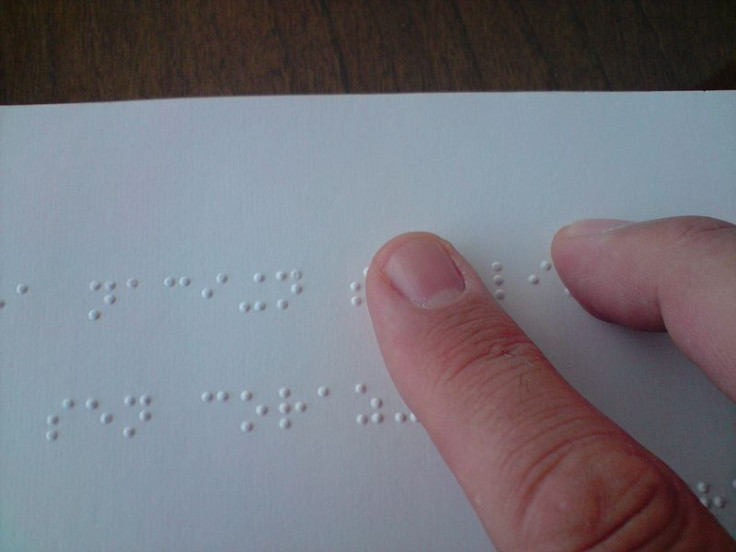China Braille Exams: Blind Students Can Now Access Higher Education

The Chinese Education Ministry has decided to introduce Braille or electronic exams for national university entrance to help candidates who are blind or have visual impairments.
Until now, students with visual problems have been barred from mainstream higher education because no provision was made to accommodate their disability.
"Making exams accessible to the blind would help to minimise discrimination against and maximise respect for people with disabilities in China," said Sophie Richardson, China director at Human Rights Watch (HRW). "This is an important breakthrough after years of advocacy by disability rights advocates in China."
China's Education Law, which has been implemented since 1995, stipulates that disabled persons have an equal right to receive education.
This is an important breakthrough after years of advocacy by disability rights advocates in China.
Article 54 of China's Law on the Protection of the Disabled Persons, amended in 2008, stipulates that if visually impaired people are to sit government-organised school admission or professional qualification exams, they should either be provided with test papers in Braille, electronic test papers, or assistance from designated staff.
The Chinese government issued national regulations, in 2012, guaranteeing that people with visual impairments could use Braille and electronic paper in national school entrance exams, without providing the resources to do so.
Despite the existing laws, the Chinese government has been reluctant to promote the introduction of methods that could facilitate visual impaired people and disabled people in general.
In July 2013, Human Rights Watch published a report detailing the numerous educational barriers faced by children and young people with disabilities in China, including the failure by the government to provide appropriate classroom accommodation to help them overcome barriers to schooling.
Although HRW has welcomed the Chinese government's decision, it also warned this was not enough to guarantee equal education opportunities to disabled children.
"Much remains to be done to end the discrimination and exclusion of people with disabilities in China," Richardson said. "Truly implementing this initiative would be an important step toward building a more inclusive society."
© Copyright IBTimes 2025. All rights reserved.





















